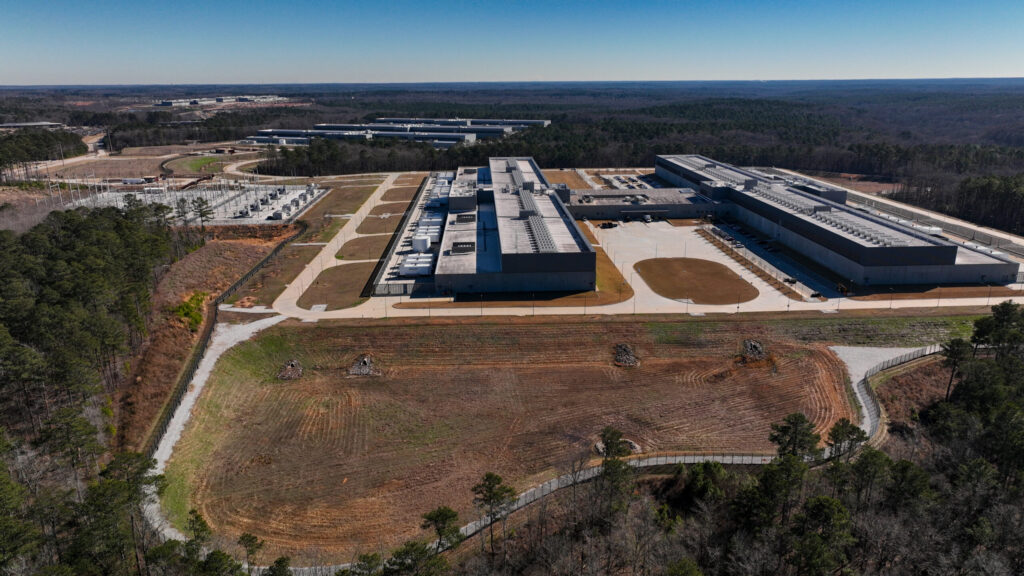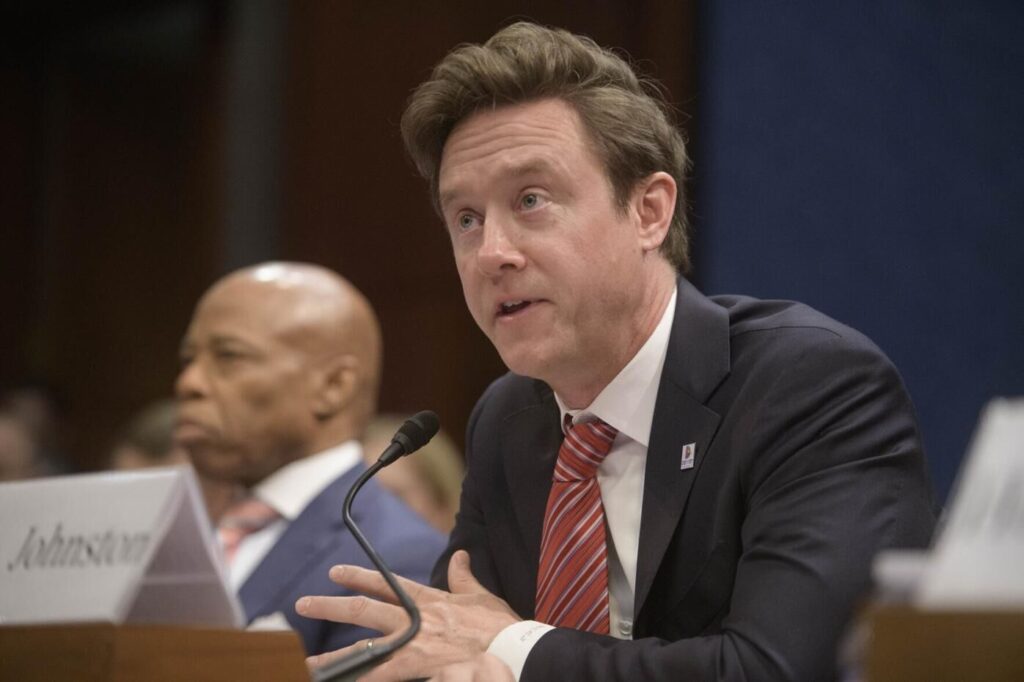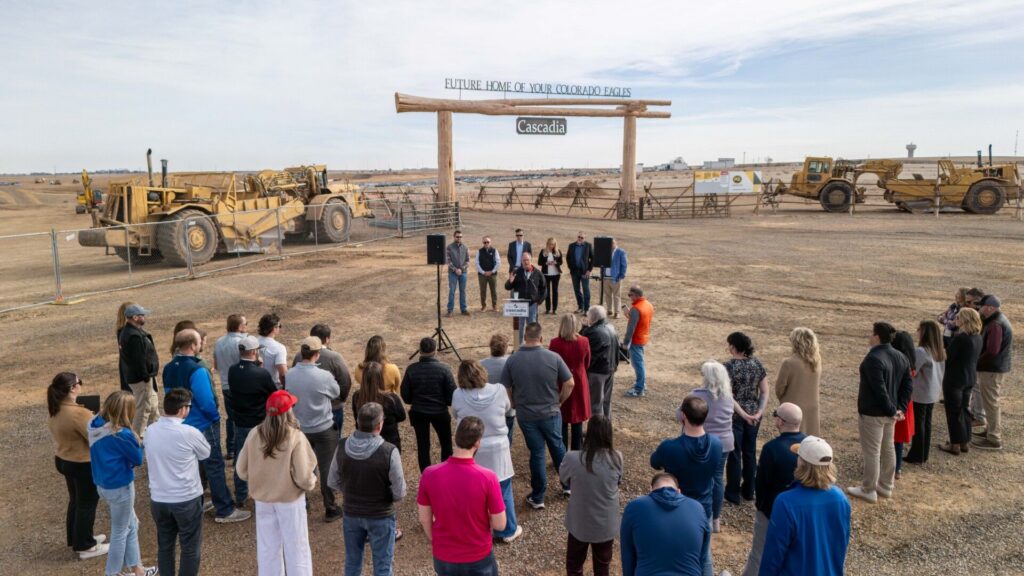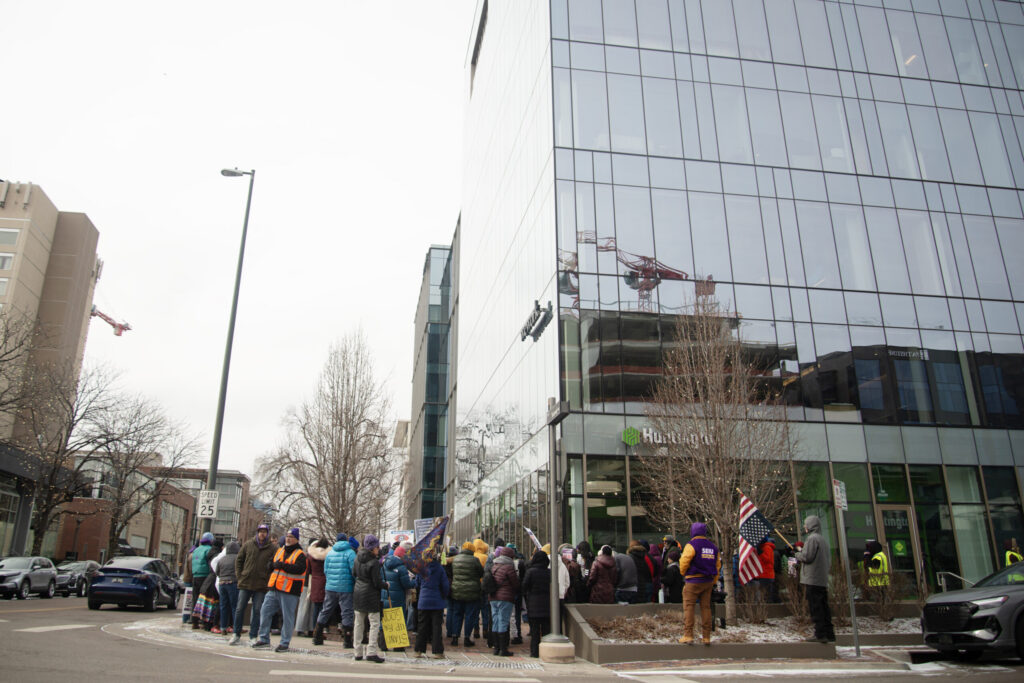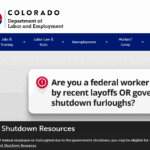Colorado business confidence continues to fall under Trump administration
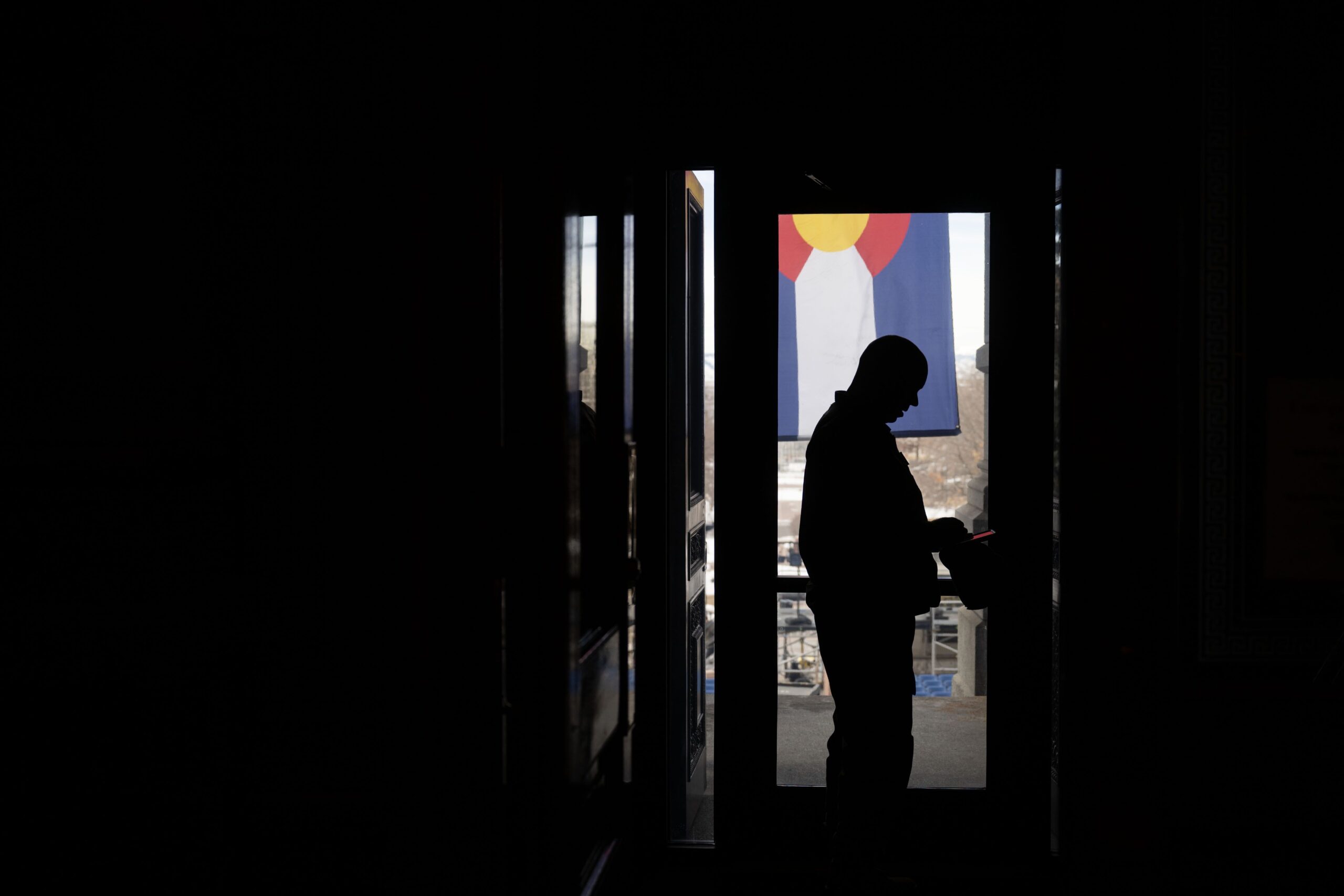
An economic measurement tracking the sentiment of business leaders across Colorado continues to lean negative, according to a new report from the University of Colorado Boulder.
The Leeds Business Confidence Index –- a measure of how business leaders across Colorado feel about the future of the national and state economy — declined ahead of the last quarter of 2025, the report released Tuesday said.
After the first quarter of the year, when President Donald Trump took office, the index fell from a score of 50 (the neutral baseline) to nearly 32. It was the index’s third-lowest score ever following the 2008 recession and the COVID-19 pandemic.
Economists behind the survey of business leaders attributed the sudden dip to a shock of uncertainty from tariffs and federal contract cuts, even as other economic metrics lacked clear signs of a recession.
“Faced with uncertainty, businesses are signaling caution ahead of the fourth quarter,” said Brian Lewandowski, an economist at CU Boulder. “A risk is that collective caution could further dampen hiring and economic growth.”
Going into the third quarter, the index score rebounded a bit to a score of nearly 38. Then it dropped again in October to 36.
It’s the fifth-lowest score in the index’s 23-year history, the report said.
And all this was before the federal government shut down Tuesday night.
The index surveys business leaders across the state across various industries. The report said respondents cited politics, tariffs and uncertainty were the top reasons for their outlooks into the rest of the year.
The Leeds Business Confidence Index is a statewide tracker of how business leaders are feeling and a low score could signal companies may pause expansions, investments or hiring. It may not reflect the current state of the economy but what businesses think the economy will look like in the future and how they make decisions today.
“Based on GDP and employment growth, the economy is still on a positive trajectory,” said Richard Wobbekind of the Business Research Division in a news release. “Hopefully, as actual policy becomes clearer, uncertainty will decline among the broader business community, supporting continued growth.”



